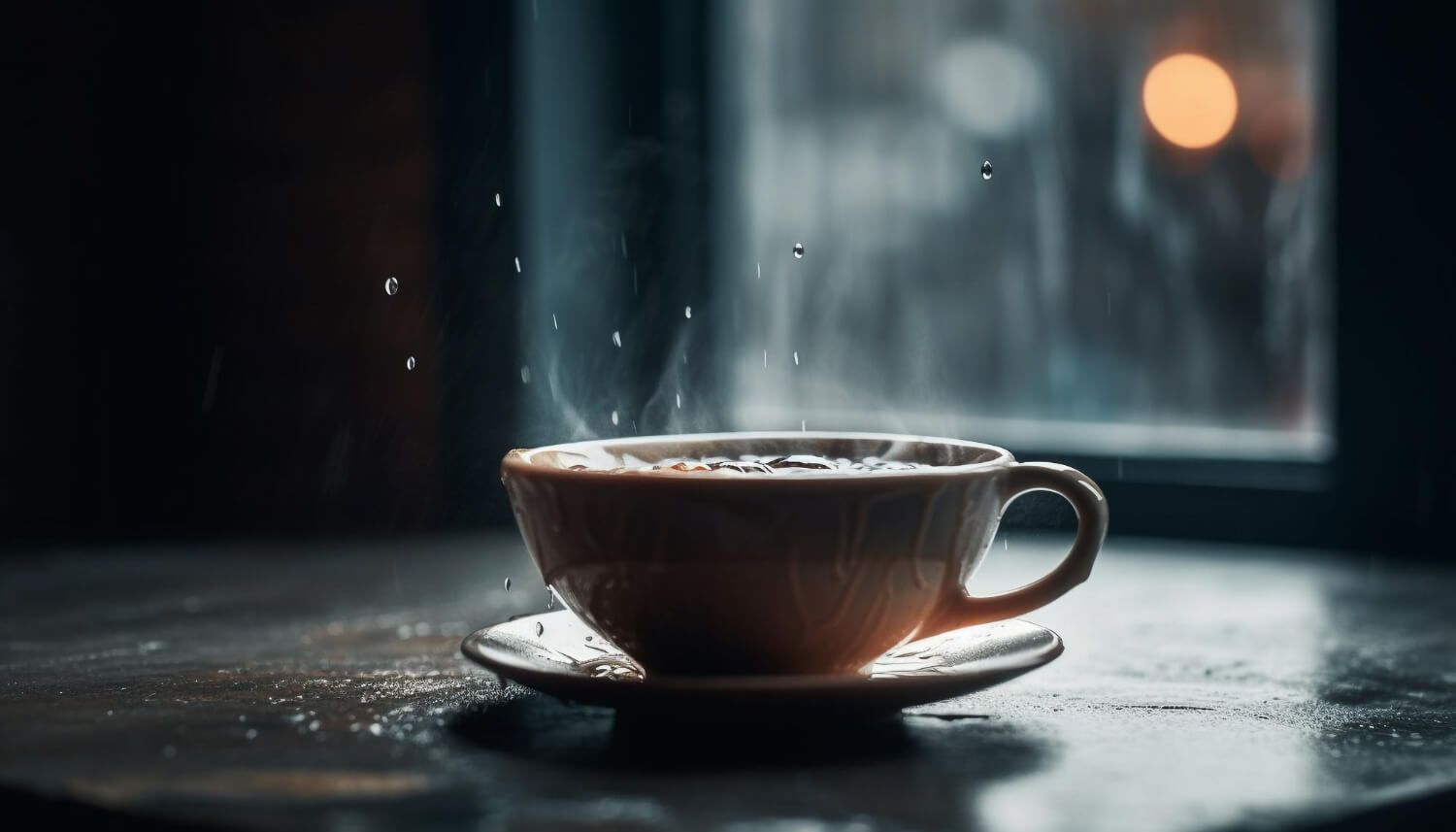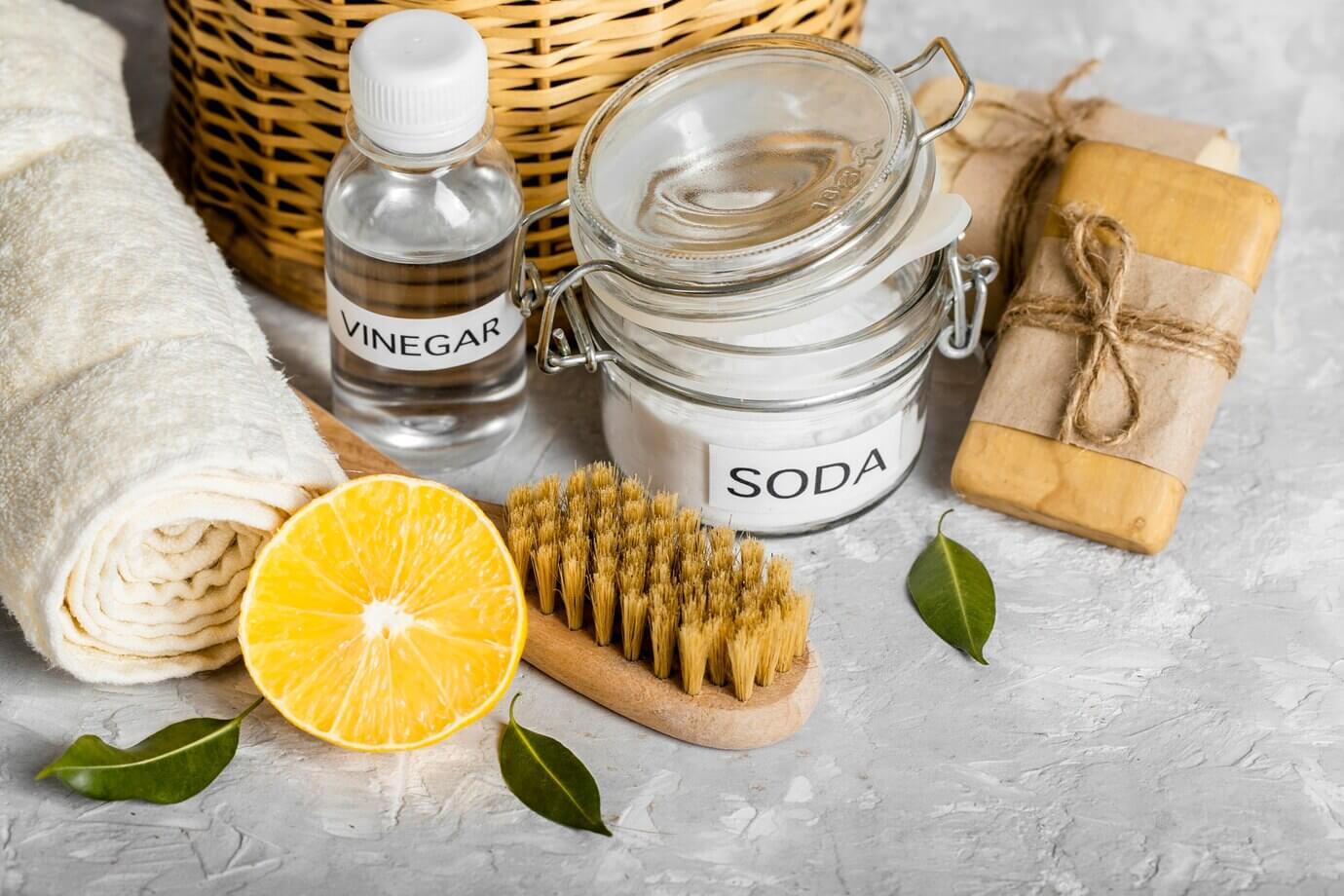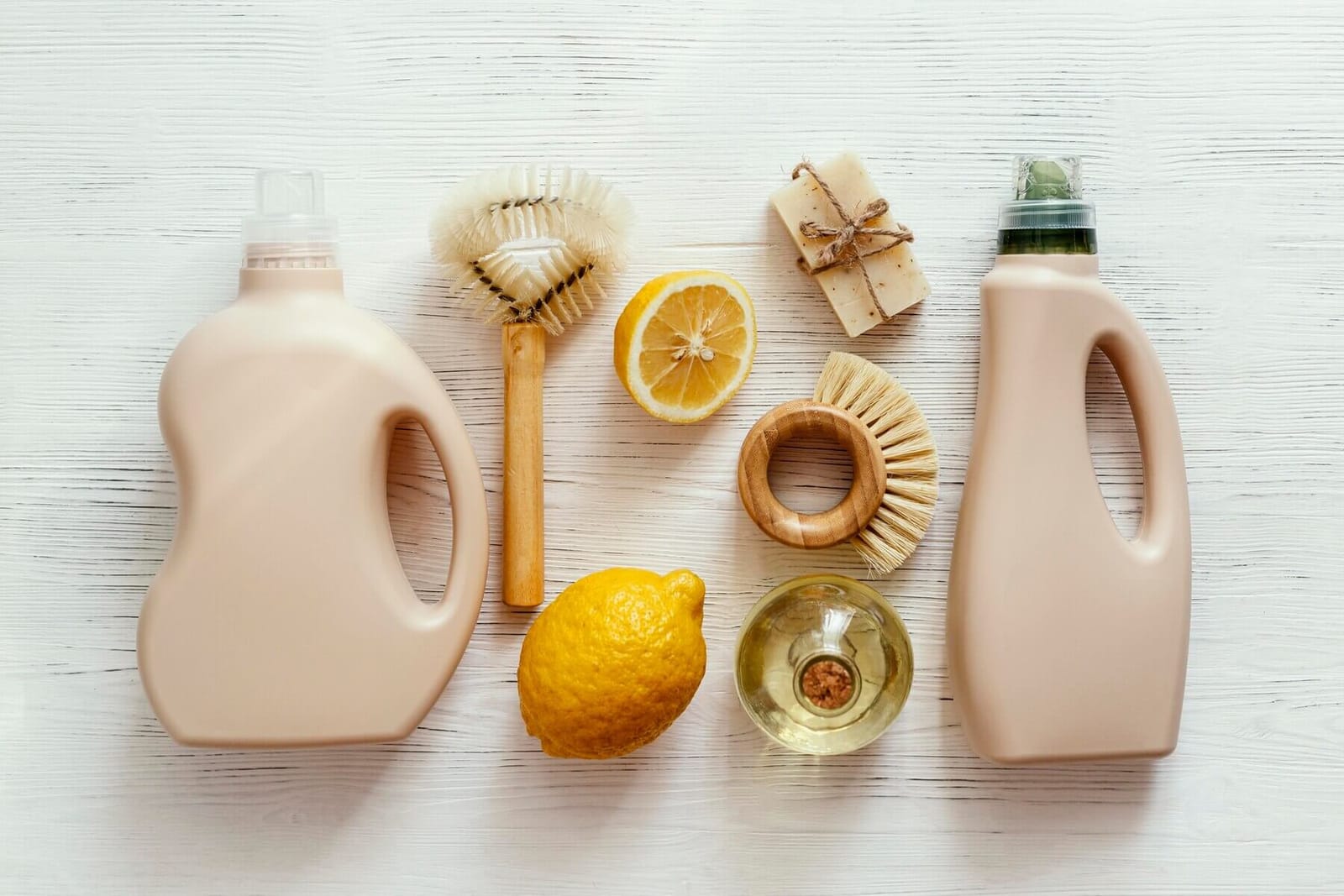A Boil Water Advisory can be a stressful event, but with the right knowledge and tools, such as a reliable water boiler, you can navigate through it safely.
This micro-post will guide you through what a boil water advisory is, why they are issued, and how a water boiler can be a lifesaver during such times.
In This Article
- What is a Boil Water Advisory?
- Why are Boil Water Advisories Issued?
- The Role of Water Boilers During a Boil Water Advisory
- How to Use a Water Boiler Safely and Effectively During a Boil Water Advisory
- What to Do After a Boil Water Advisory is Lifted
- Frequently Asked Questions
- Conclusion
- For More Insights
What is a Boil Water Advisory?
A boil water advisory is a public health advisory issued by health or municipal authorities when a community's drinking water may be contaminated with pathogens. These advisories instruct residents to boil their tap water before consuming it or using it for cooking, as boiling effectively kills most pathogens, making the water safe to consume.
Why are Boil Water Advisories Issued?
Boil Water Advisories are typically issued when there's a known or suspected water supply contamination. This can occur for various reasons, such as a water main break, problems at water treatment facilities, or severe weather events like flooding that can introduce harmful bacteria or other microorganisms into the water supply.
The Role of Water Boilers During a Boil Water Advisory
A water boiler can be an invaluable appliance during a Boil Water Advisory. Water boilers are designed to heat water to its boiling point quickly and efficiently. They can maintain the water at a boiling temperature for a prolonged period, ensuring that any potential pathogens in the water are effectively killed.
Moreover, most water boilers come with a feature that allows you to set the desired temperature. This means you can ensure the water reaches the boiling point necessary to kill off any bacteria or viruses, making it safe for consumption.
How to Use a Water Boiler Safely and Effectively During a Boil Water Advisory
Here are some steps to use a water boiler safely and effectively during a Boil Water Advisory:
- Fill the Boiler: Fill your water boiler with tap water.
- Set the Temperature: Set the temperature to the boiling point (100 degrees Celsius or 212 degrees Fahrenheit).
- Wait for the Water to Boil: Allow the water to reach the set temperature and let it boil for at least one minute to ensure any potential pathogens are killed.
- Use the Boiled Water: Use the boiled water for drinking, cooking, washing dishes, or brushing your teeth. Remember to let the water cool down before consuming it.
What to Do After a Boil Water Advisory is Lifted
Once the Boil Water Advisory is lifted, it's important to take some additional steps before returning to normal water use:
- Flush Your Plumbing System: Run cold water faucets for at least five minutes to flush out any potentially contaminated water.
- Clean Your Water Boiler: Clean and disinfect your water boiler according to the manufacturer's instructions.
- Check Other Appliances: If you have appliances that use water, like ice makers or water filters, make sure to clean them and replace any filters if necessary.
Frequently Asked Questions
Can I use tap water during a boil water advisory?
During a boil water advisory, tap water should be boiled for at least one minute before using it for drinking, cooking, washing dishes, or brushing teeth.
How long does a boil water advisory last?
The duration of a boil water advisory can vary depending on the cause and the time it takes to resolve the issue. It typically lasts until tests confirm that the water is safe to consume.
Can I shower during a boil water advisory?
Yes, you can shower during a boil water advisory. However, avoid swallowing any water and be extra cautious when bathing young children.
What happens if I drink water during a boil water advisory?
If you consume water that hasn't been boiled during a boil water advisory, you risk ingesting harmful bacteria or other pathogens, which could lead to illnesses such as diarrhea, nausea, or even more serious health conditions.
Conclusion
Surviving a boil water advisory can be less stressful when you understand what it is and how to respond. A water boiler can be a valuable tool during these times, providing you with a reliable source of safe, boiled water for various uses. Remember, when in doubt, it's always safer to boil your water until authorities confirm it's safe to consume.
For More Insights
- Understanding the Science: The Boiling Point of Water - Delve into the fascinating science behind the boiling point of water and the role of water boilers in maintaining this temperature.
- Culinary Uses of Water Boilers: Beyond Hot Beverages- Uncover the wide range of culinary uses for water boilers, from instant foods to baby formula preparation.
- Visit the Centers for Disease Control and Prevention (CDC) website for authoritative insights on drinking water advisories and how to navigate them safely.
- If you're looking for a new water boiler and warmer to help you navigate through a Boil Water Advisory, check out our article on the best water boiler and warmer.



